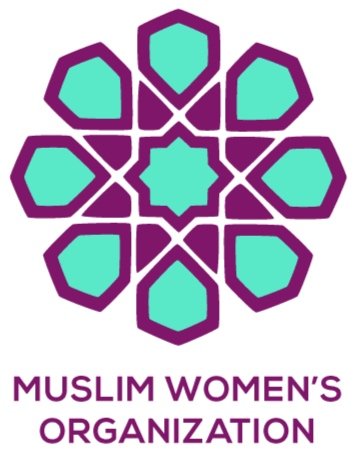Words are powerful. The right words can provide shades of meaning, nuance, and clarity of expression. The words we use to tell our stories, describe our identities, and disrupt oppression are particularly powerful. In a world that doesn’t always appreciate the rich diversity within the Muslim American community, we need space to develop our language and skill to better describe ourselves and understand others. Literary Societies are part of our history and provide opportunities for creativite expression and collaboration.
We’ve transformed our Heart to Heart Book Club into a Literary Society! Join us for our second regular discussion! This month we'll examine the rich history and contributions made by Black Muslims. We'll also specifically consider the African-American Muslim experience, including the histories that are often left untold, figures who are sometimes ignored, and the complexities that come from the intersectionalities of faith, race, culture, and systemic anti-Black racism and anti-Muslim sentiments. Access the reading list here. Our discussions will focus in particular on the following questions:
What is it like to identify with both of these uniquely marginalized groups?
In what ways does oppression continue to happen (interpersonal, institutional, structural, internalized)?
How should we respond to that oppression (as Muslims, as members of a particular racial group)? Has the African American Muslim experience been appropriately acknowledged?
How are African American Muslims thriving in these conditions?
How can we honor and support Black Muslim women?
How can we address Black suffering through the Quranic/Islamic grounding of social justice?
Learning from one another’s histories, identities, literacies & language practices
Histories include members' family, local, national, and global histories.Avoid practices that are ahistorical or lack examples of literary practices from culturally and linguistically diverse populations.
Identities are multilayered and related to racial, ethnic, cultural, gender, academic, individual, and community ties. Members need spaces where they can make sense of their lives, self-identify, and learn about the identities of those who are different from them.
Multiliteracies acknowledge that literacies are layered, nuanced, and complex. Practices should be diverse, addressing the ways members read, write, speak, and know the world.
guided by a Four layered equity framework
Identity Development
The ability to read and write your own life. To understand the self and make meaning of our various identities.
"How will our readings help members learn something about themselves and/or others?"
Skill Development
Learning and practicing the acts of reading, writing, and speaking. Finding meaning in language.
"How will our readings build members' skills for leadership development?"
Intellectual Development
The practice of reading, writing, and speaking to gain academic knowledge across subject areas.
"How will our readings build members' knowledge and mental powers?"
Criticality
Reading, writing, and speaking for the purpose of countering injustice and misrepresentation.
"How will our readings engage members' thinking about power, equity and the disruption of oppression?"
